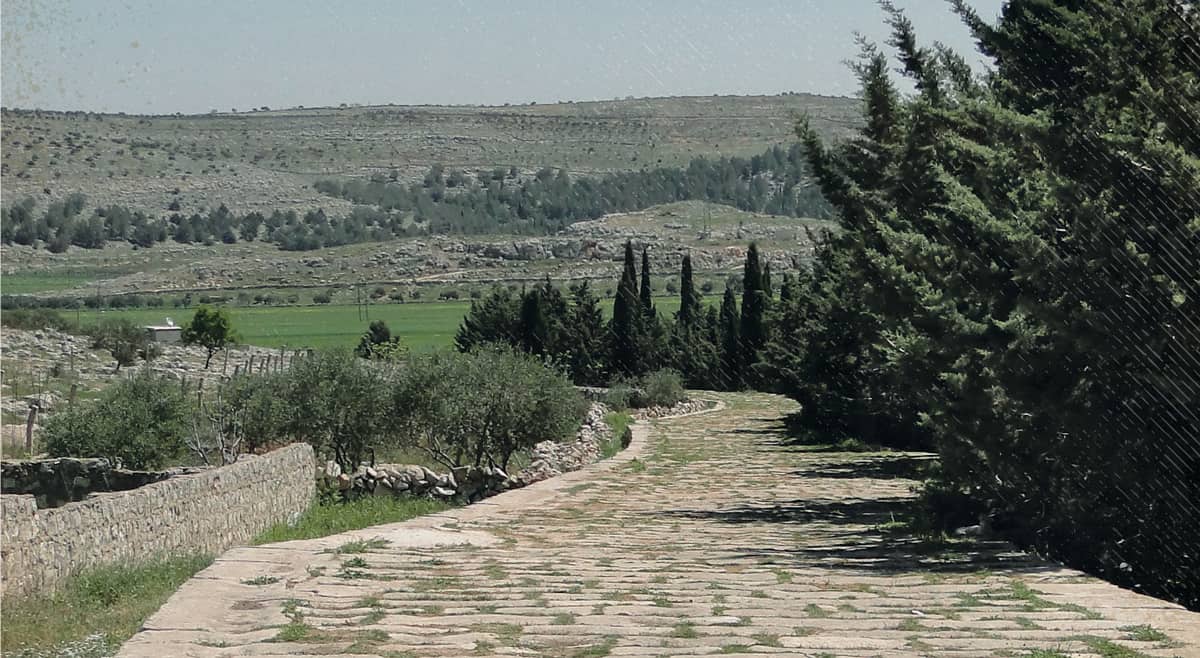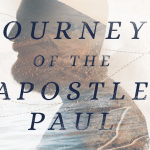
We often think of Paul as a theologian and writer—as the apostle whose letters established key teachings of the Christian faith. But Paul did much more than think and write.
In the decades after Jesus’ death and resurrection, Paul planted churches throughout the northeastern Mediterranean region. His missionary work led to countless Christian converts, and he experienced miraculous displays of God’s power. He also encountered stiff resistance at times, leading to imprisonments and beatings.
Paul’s initial westward journey took him from Syria to Cyprus to Galatia. Afterwards, Paul traveled to Jerusalem, where he met with Christian leaders to discuss the status of gentiles in the church. The narrative accounts of these trips, found in Acts 13–15, depict the gospel’s steady advance beyond Jerusalem and other Jewish communities in the region. Paul and his companions were committed to taking the good news about Jesus into places where pagan deities and the Roman emperor were worshiped.
According to Acts 13:47, Paul and Barnabas identified their missionary calling in the prophecy of Isaiah: “For so the Lord has commanded us, saying, ‘I have set you to be a light for the gentiles, so that you may bring salvation to the ends of the earth’” (quoting Isaiah 49:6). To pursue this mission, Paul abandoned everything and embraced a life on the road.

According to Acts 13:1–3, Paul’s first missionary journey began from the city of Antioch in Syria, roughly 425 miles north of Jerusalem. Although Luke provides little information about the church at Antioch, it appears to have served as a sort of home base for Paul: He spent time there before each of his three westward journeys.
Antioch was on the Orontes River, near present-day Antakya, Turkey. The city was built around 300 BC by Seleucus I, one of Alexander the Great’s generals. As a strategic juncture between the Mediterranean coast and the mainland interior, Antioch quickly developed into a center of commerce, culture, and politics. During the Roman period it became the most important city in the empire after Rome and Alexandria, and it was a staging point for the Roman army.
Jews were present in Antioch from its earliest stages, and they might have been given Roman citizenship. Throughout the city’s history, Jews were at the center of several violent encounters. The presence of Jewish people in Antioch allowed the early Christians to rely on familiar social networks for the spread of the gospel. Yet Antioch’s significance goes beyond the city’s Jewish community. Rodney Stark has argued that urban centers with a certain profile—easy accessibility, ethnic diversity, and an openness to innovative ideas—became critical to the spread of Christianity. Antioch certainly fit that bill. Its strategic position offered geographic opportunities that Jerusalem lacked, and its cosmopolitan and diverse character allowed Christianity to take root and spread quickly.
Antioch doesn’t appear much in the New Testament, but its standing is evident. First, Antioch became an important staging area for the spread of the gospel, a place where missionaries regrouped. In other words, it become the hub of early Christianity. Antioch also uniquely experienced the question of how to include gentiles in the church. Acts 11:19–20 informs us that Antioch received the gospel soon after Steven was martyred. According to the text, some were “proclaiming the message to no one except Jews alone,” while others “began to speak to the Hellenists also.” With this comment, the author may be hinting at the controversies that would develop within among the believers at Antioch. Eventually, this became the place where the question of gentile inclusion was hashed out with great passion, particularly among Paul and Peter (Galatians 2:11–14). Thus, the description of Antioch as the “crucible” for the development of Christianity seems correct.
Finally, Antioch was the place where the label “Christian” was first used (Acts 11:26). It’s fitting that the place responsible for staging the missionary journeys that would define the foundation of Christianity also was the community that gave the young faith its name.
This post is adapted from Journeys of the Apostle Paul (Lexham Press, 2020).







